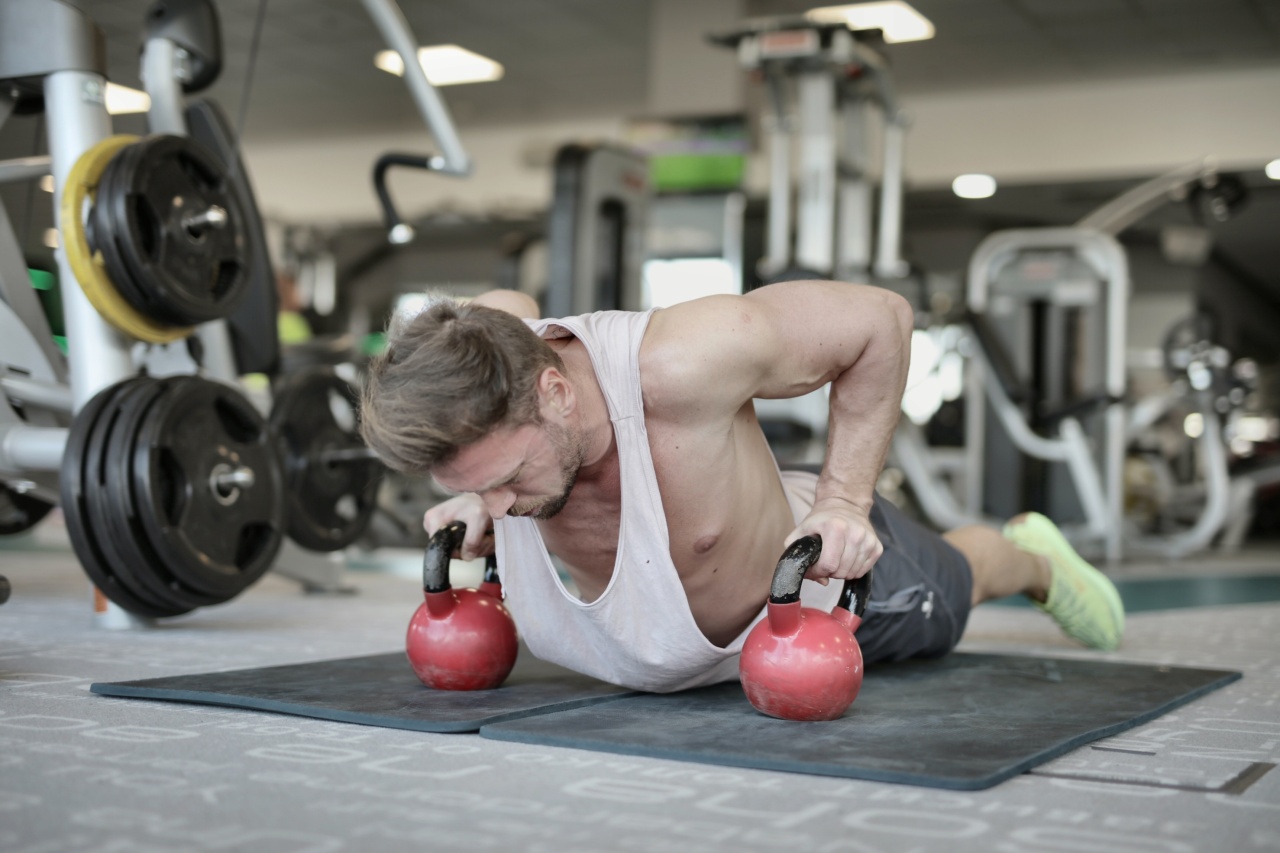When it comes to boosting muscle and vigor, many people turn to various supplements and dietary aids. However, there is a tiny yet powerful super-heroine that often gets overlooked – cobalt.
Despite its small size and relatively unknown status, cobalt plays a vital role in the human body, especially when it comes to supporting muscle function and promoting overall vitality.
The Importance of Cobalt in Muscle Growth
Cobalt is an essential trace mineral, found in small amounts in our bodies. Although it is required in minute quantities, it is crucial for numerous physiological processes, including muscle growth and maintenance.
A key function of cobalt is its involvement in the production of vitamin B12, also known as cobalamin. Vitamin B12 is essential for the synthesis of DNA, which is necessary for the growth and repair of muscle tissue.
It is also vital for the formation of red blood cells, which transport oxygen to the muscles during exercise.
Without adequate amounts of cobalt, the body’s ability to produce vitamin B12 is compromised, leading to decreased muscle growth and function. This can result in muscle weakness, fatigue, and poor exercise performance.
Cobalt and Energy Metabolism
In addition to its role in muscle growth, cobalt also plays a crucial part in energy metabolism. It is a component of several enzymes that are involved in the breakdown and utilization of carbohydrates, proteins, and fats for energy.
One such enzyme is called cobalamin-dependent methionine synthase. This enzyme is essential for the conversion of homocysteine (an amino acid) into methionine (another amino acid) in a process called methylation.
Methionine is involved in numerous vital functions, including muscle protein synthesis and energy metabolism.
Furthermore, cobalt is a vital component of mitochondrial enzymes, which are responsible for generating energy within the body’s cells.
Without sufficient cobalt, the efficiency of energy production is impaired, leading to fatigue, reduced muscle function, and overall low vigor.
The Benefits of Cobalt Supplementation
While cobalt deficiency is rare, certain factors can increase the risk of inadequate cobalt intake.
These include a poor diet, certain medical conditions such as pernicious anemia, and long-term use of certain medications that interfere with cobalamin absorption.
In such cases, cobalt supplementation can be highly beneficial. By ensuring adequate cobalt levels in the body, supplementation can support muscle growth, enhance energy metabolism, and promote overall vigor.
Additionally, cobalt supplementation may be particularly beneficial for athletes and individuals engaged in physical activities that require high muscle strength and endurance.
By supporting muscle growth and function, cobalt supplementation can help individuals achieve their fitness goals and improve exercise performance.
Food Sources of Cobalt
While cobalt supplementation is an option, it is always preferable to obtain nutrients through a well-rounded diet. Cobalt can be found in various foods, including:.
1. Seafood: Shellfish such as clams, oysters, and mussels are excellent sources of cobalt.
2. Meat: Organ meats like liver contain high levels of cobalt.
3. Poultry: Chicken and turkey also provide cobalt, especially if consumed with the skin.
4. Dairy products: Milk, cheese, and yogurt contain small amounts of cobalt.
5. Eggs: Both the yolk and the white of an egg contain cobalt.
6. Leafy greens: Dark, leafy greens like spinach and kale are good plant-based sources of cobalt.
7. Nuts and seeds: Almonds, walnuts, and sunflower seeds are examples of cobalt-rich nuts and seeds.
By incorporating these foods into your diet, you can ensure an adequate intake of cobalt and support your muscle growth and vigor naturally.
Considerations and Precautions
While cobalt is essential for muscle growth and vigor, it is crucial to consume it in appropriate amounts. Excessive cobalt intake can lead to toxicity, resulting in adverse effects on the thyroid gland and potential damage to other organs.
It is recommended to consult with a healthcare professional before starting any supplementation, especially if you have pre-existing medical conditions or take medications regularly.
They can guide you on the appropriate dosage and help you monitor your cobalt levels to avoid any potential complications.
In Conclusion
Despite its small size, cobalt plays a significant role in promoting muscle growth and vigor. Its involvement in the production of vitamin B12 and energy metabolism makes it crucial for optimal muscle function and overall vitality.
If you suspect cobalt deficiency or are engaged in activities that demand high muscle strength and endurance, cobalt supplementation or a diet rich in cobalt-containing foods can provide notable benefits.
Remember to make informed decisions, consult with healthcare professionals, and always prioritize a balanced approach towards achieving muscle growth and enhancing vigor.





























